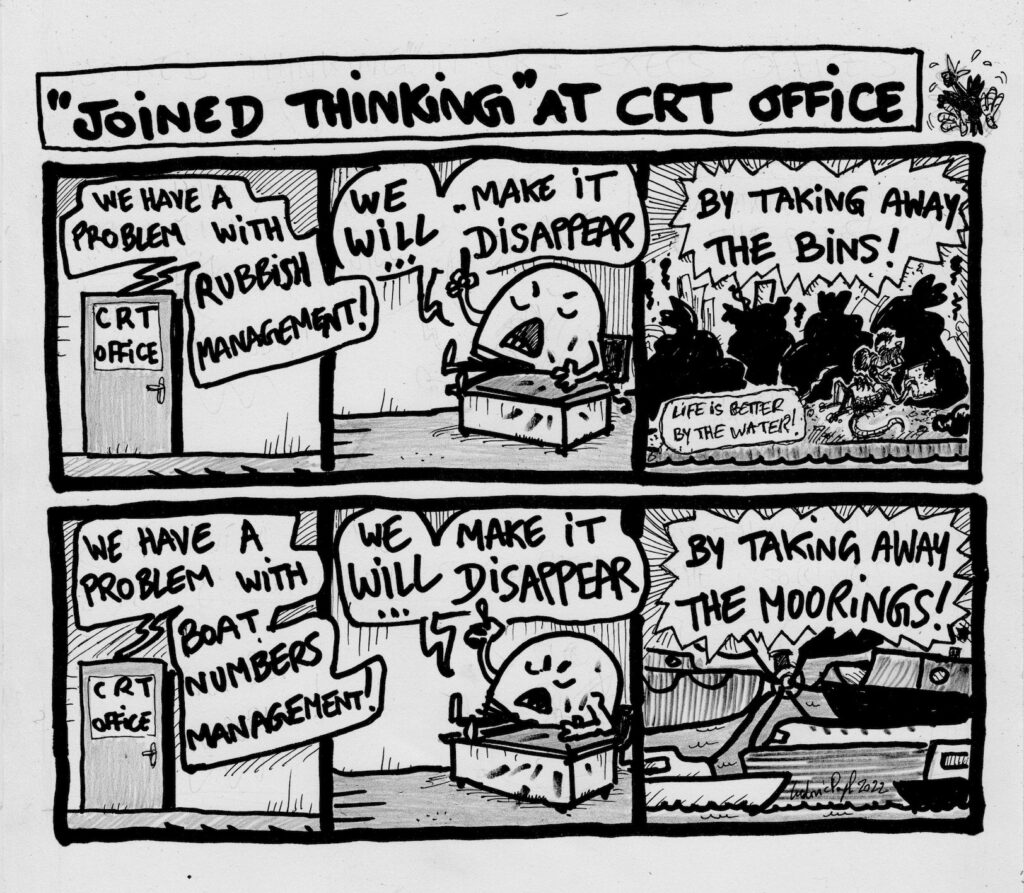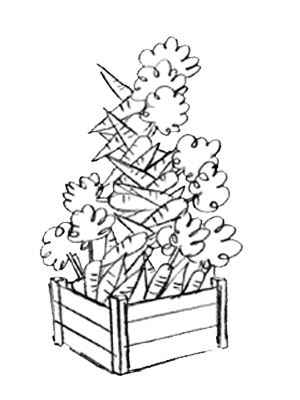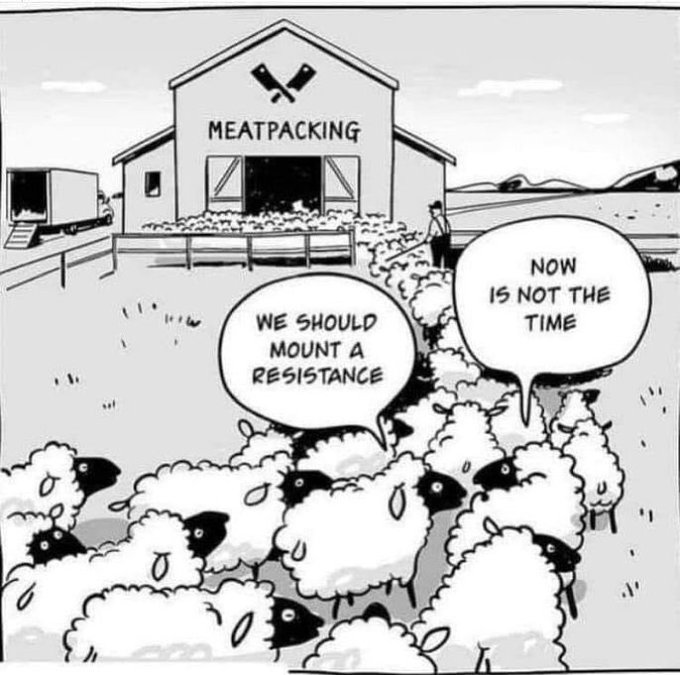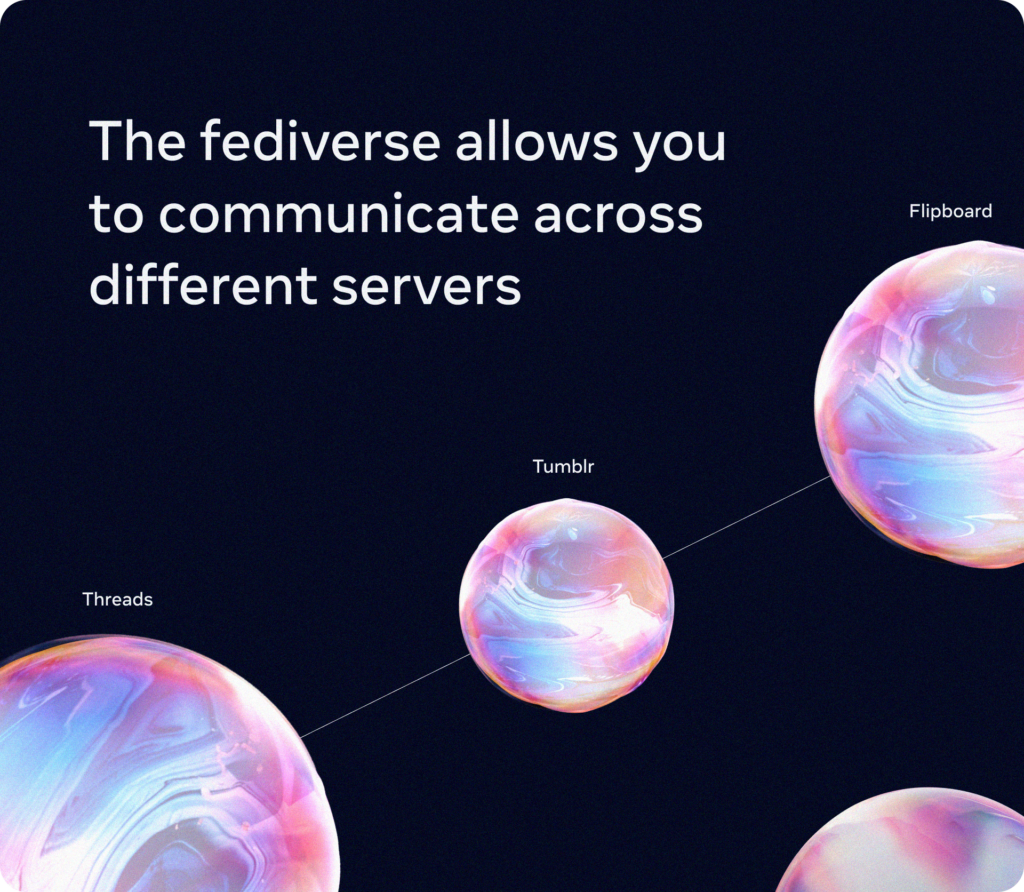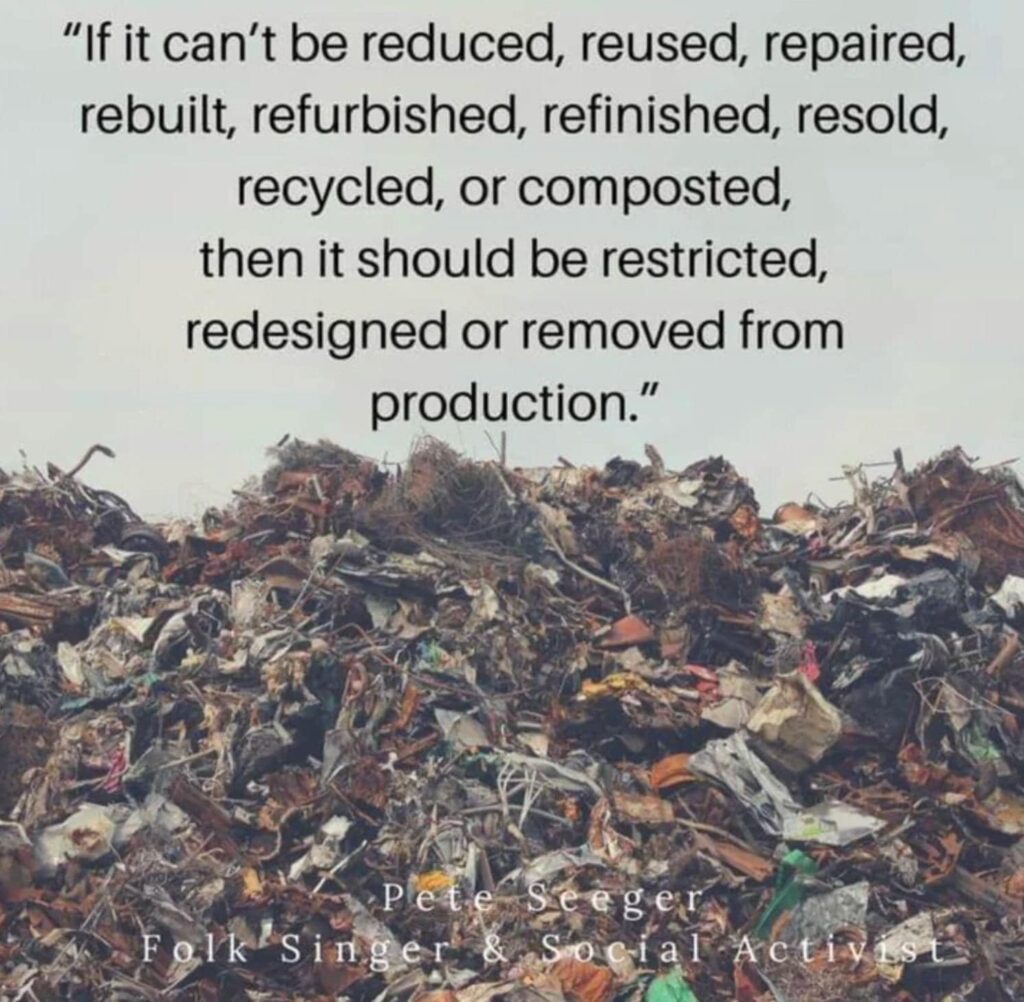At first glance, the #OMN (Open Media Network) might look like another stalled technical project, a collection of code, standards, and protocols. But to think of it only this way is to miss the point entirely.
What we’re building is a social and technological fabric for the #openweb, woven together by shared values and practical needs. Yes, there’s tech, but the tools and standards we develop are not neutral. They lean, by design, toward openness, transparency, collaboration, and grassroots control, the principles of the #4opens.
These standards are not delivered from on high by lone developers or institutional committees. They emerge from the lived, everyday use of technology, from how communities interact, what they need, and how they grow together. They evolve from practice, leading to theory.
The code is nothing without people. The protocol withers without participation.So, we’re not only building tech, we’re growing community, and that community gives the technology life. It’s a symbiotic process, a mythos making project: the social side shapes the tech, and the tech enables new social formations. One cannot thrive without the other. If you try and treat it only as a technical solution, it will fail, no matter how elegant the code. If you treat it only as a social project, it will stall, no matter how good the intentions. We have to hold both in balance. In that balance, real change becomes possible.
In this spirit, the #OMN is not just an infrastructure project. It’s a call to those who want to reboot the web from the grassroots up, reclaiming the digital commons from #dotcons and #deathcult systems. Let’s get to build it together, simple, federated, and open.

We all know the current state of independent and grassroots media: scattered, under-resourced, sold out or and mostly invisible to the wider public. While the content exists, the connection between producers, platforms, and audiences is too often broken. Meanwhile, corporate platforms like #Failbook, Google, and YouTube work for a few, they continue to dominate how people access and experience media and use this to push down any real radical change.
We need a reset, not by building shiny new silos or reinventing the wheel, but by connecting what already exists into a living network. This is where the Open Media Network (#OMN) comes in. The core idea is to link together the fragments of the #openweb. Rather than replace everything, OMN builds bridges between existing activist sites, blogs, podcasts, and alt media using open standards and simple, low-barrier tools.
The idea is simple: Producers publish content on their existing sites (blogs, podcasts, etc.). Aggregators bring it all together, curating, tagging, and redistributing content through RSS, ActivityPub and metadata flows.
What this means for people is easy discovery of relevant content on the topics they care about. A gateway back to the #openweb – away from algorithmic manipulation and ads. A better browsing experience than siloed social media.
What it means for media producers: Syndication, content appears on dozens or hundreds of relevant sites. More traffic, more engagement, and better visibility without having to chase algorithms. Simple tools to embed rivers of content from others, so you give back to the network while benefiting from it. In short, publish once, appear everywhere, no need to grind content for each individual silo.
Why this works, is because, all content remains owned by the original publishers. The system simply connects and enhances what’s already there. It’s not a new platform, it’s the missing glue between platforms. This matters socially, as, we’ve been burned by both: The #geekproblem of over complication and privacy tunnel-vision and the NGO/foundation/brand-washing away of horizontal, activist culture
OMN avoids both by hardcoding openness and cooperation into the foundations, using the #4opens as a social and technical guide. This isn’t a system that can be easily captured or siloed. It’s designed to move faster than co-option, and built for people who want to actively do, not just talk.
If this sounds old-fashioned, that’s because it is, and it works, we don’t need innovation for its own sake, we need media compost, not just another layer of glossy tech bling. We’re working to create the soil for tomorrow’s social movements. Want to help us shovel the #techshit and start planting?
Join the project: https://unite.openworlds.info
Learn more: http://hamishcampbell.com
Spread the word: #OMN #openweb #4opens #grassrootsmedia #reboot


